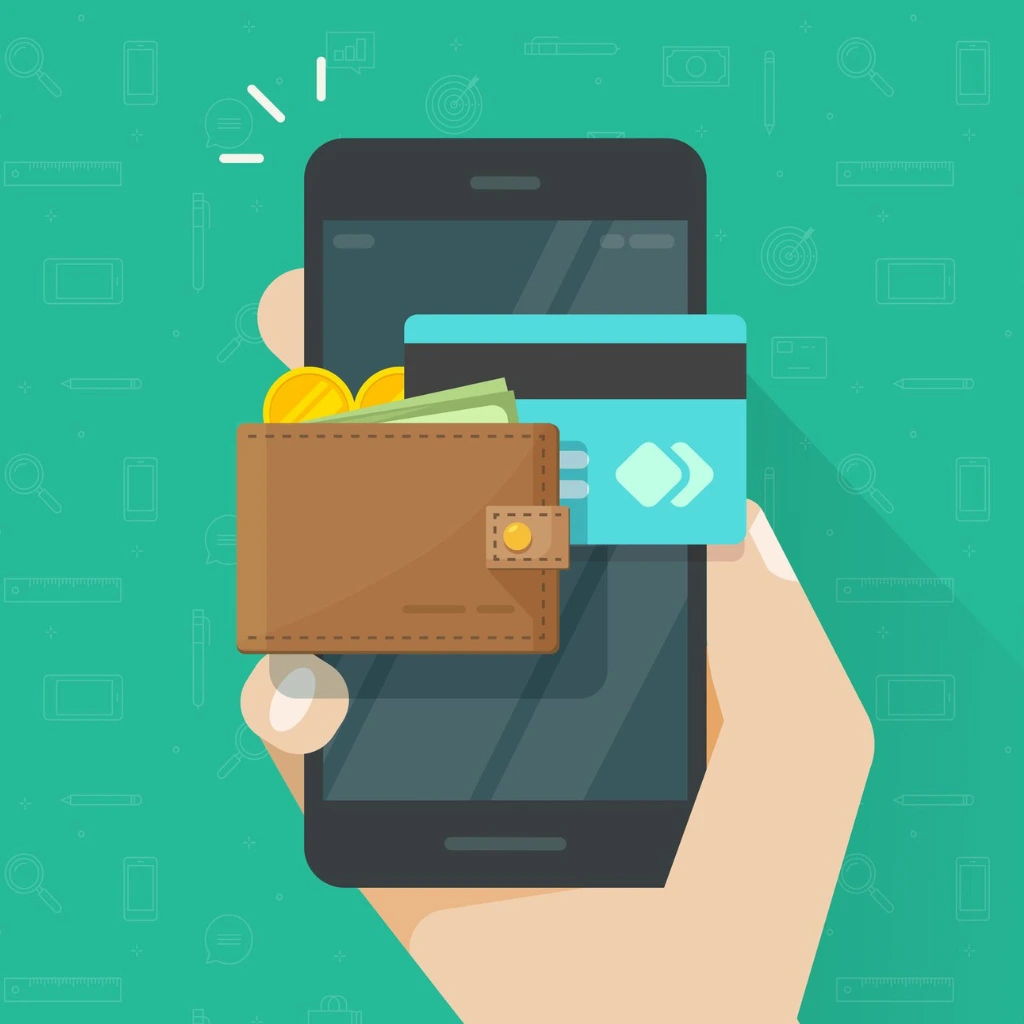The Bank Is Optional Now: Why Bankless Payments Are Taking Over
Spending Without a Bank? It’s Not Just Possible—It’s Normal Now
There was a time when living without a bank account sounded like a conspiracy theory—or at least, a sketchy workaround. But not anymore.Today, it’s not only possible to skip the bank entirely—it’s surprisingly common. The rise of bankless payments is making traditional banking feel less like a necessity and more like a choice. And if you ask me, that’s long overdue.
What Do We Mean by “Bankless Payments”?
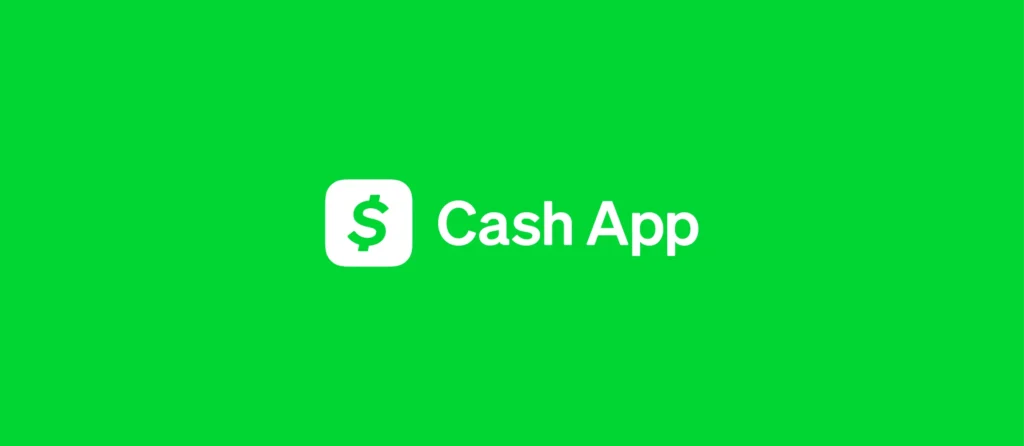
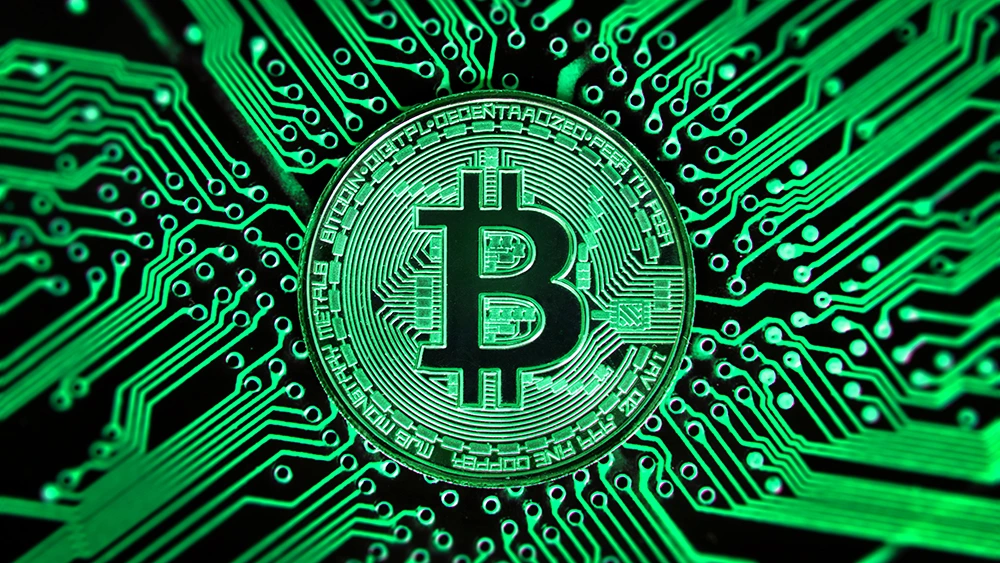
Let’s clear the air: going bankless doesn’t mean stuffing cash under your mattress or trading crypto on a pirate ship. It simply means using financial tools that aren’t tied to a traditional bank account.
We’re talking:
- Digital wallets (PayPal, Venmo, Cash App)
- Prepaid debit cards (loadable at gas stations or grocery stores)
- Crypto wallets (Bitcoin, Ethereum, stablecoins)
- Mobile money platforms (especially big outside the U.S.)
- QR-code payments and app balances (yes, even ride-shares and delivery apps)
If you can buy lunch, pay rent, or send money without checking your bank app, congrats—you’re already halfway there.
Bankless Payments: Why People Are Ditching Banks
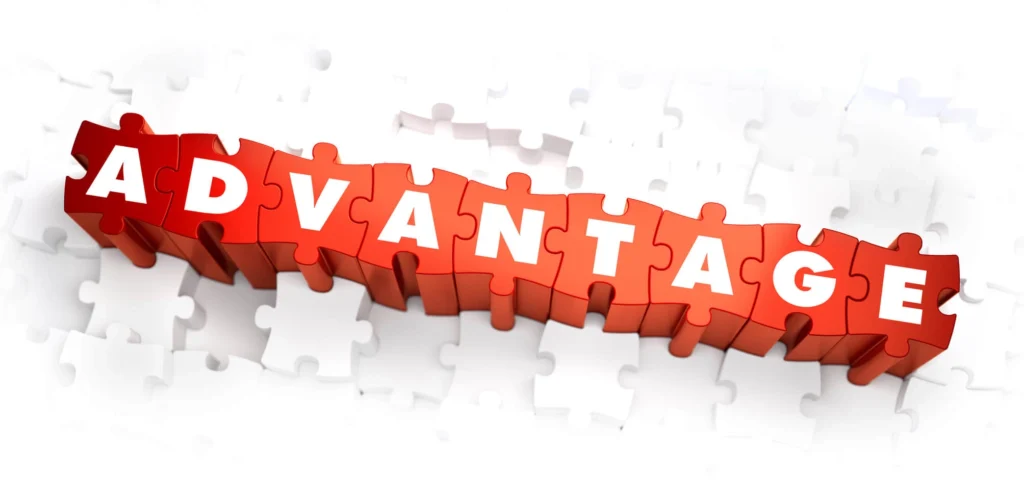
Banks haven’t exactly earned our loyalty lately. They’re clunky, they’re expensive, and let’s be honest—half the time, they feel like they’re working against you.
So why are people making the switch? Here’s the short list:
- No gatekeeping: No ID? No credit check? No problem. Just a phone and an internet connection.
- Speed wins: Instant crypto transfers or same-day app payments beat 3-day bank holds every time.
- Privacy matters: Some folks don’t want every dollar tracked, flagged, or frozen. Bankless = more control.
- Global-ready: Whether you’re a freelancer in Manila or a gig worker in Detroit, global bankless tools are closing the distance.
- Flexibility rules: People want options. And banks have been stingy with those for far too long.
In short, we’ve outgrown the old system—and bankless tools are meeting people where they are.
Bankless Payments: Bankless Isn’t Just for Crypto Bros Anymore
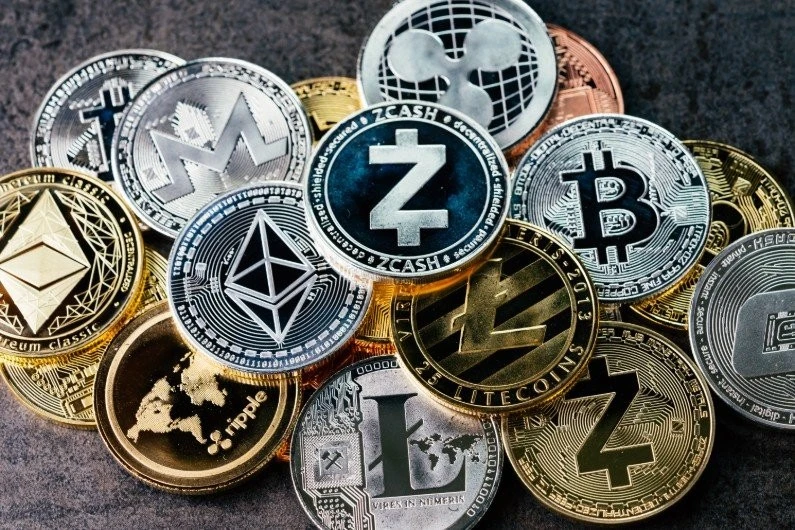
There was a time when saying “I don’t use a bank” got you weird looks—or invitations to strange Reddit forums. But that time’s gone.
Now, the barista taking your mobile tip? They might be using a reloadable card. Your Uber driver? Their app doubles as a bank account. Your friend who sent you money for lunch? That wasn’t a bank transfer—it was peer-to-peer magic.
This shift isn’t about chasing the latest app. It’s about using whatever tool makes money management less painful—and more human.
But Let’s Be Real: Going Bankless Isn’t Perfect

Look, I’m not here to sell you a utopia. There are risks—real ones.
- Security isn’t guaranteed: Crypto wallets don’t have a password reset button. Lose your keys, lose your money.
- Some institutions still cling to the old rules: Try renting an apartment or getting paid by a stubborn employer without a bank. It’s possible—but frustrating.
- The “fee-free” promise? Not always real: Some platforms slap on sneaky charges. Transparency has improved, but it’s still a work in progress.
Bankless payments give you freedom—but they also demand awareness. You can’t afford to be passive.
Curious? Here’s How to Dip Your Toes In
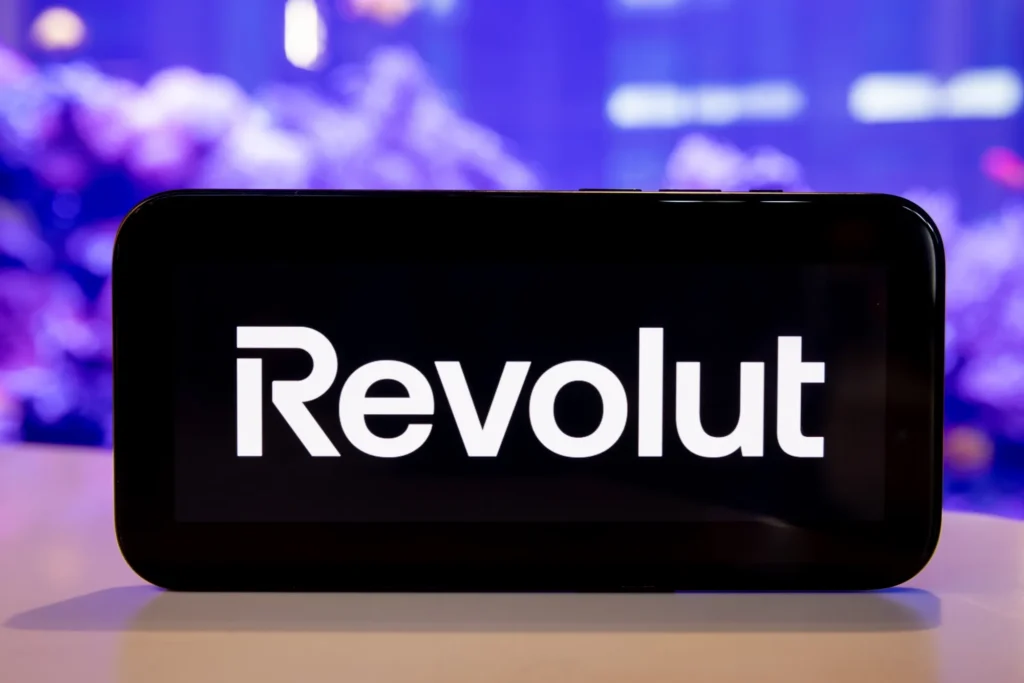
Going bankless doesn’t mean deleting your Chase app tonight. You can experiment without a full financial breakup.
Here’s a low-risk starter pack:
- Install a digital wallet like Venmo, Wise, or Revolut and try small transfers.
- Buy a prepaid debit card for groceries or travel—it’s a great test drive.
- Experiment with crypto using $10 worth of stablecoins. Buy a coffee. Send a tip. Learn the flow.
- Ask your circle what they’re using. You might be surprised who’s already ditched their bank.
Start small, stay smart—and build confidence one step at a time.
Final Word: This Isn’t a Fad—It’s a Financial Wake-Up Call
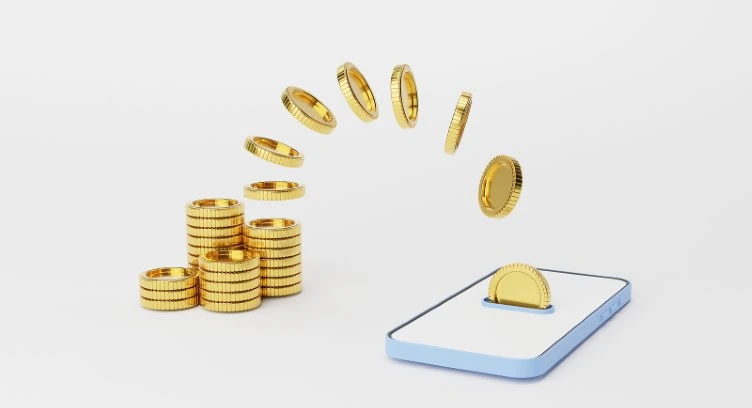
Bankless payments aren’t a Silicon Valley experiment or a Gen Z quirk. They’re a response to frustration. A workaround for exclusion. A demand for flexibility.
Do I think banks are going away? Not immediately. But I do think their monopoly is breaking—and thank god for that.
Because in a world where you can open a crypto wallet in 60 seconds or get paid through a rideshare app, the real question isn’t “Can you live without a bank?”
It’s: “Why haven’t you tried?”
Relevent news: Here

